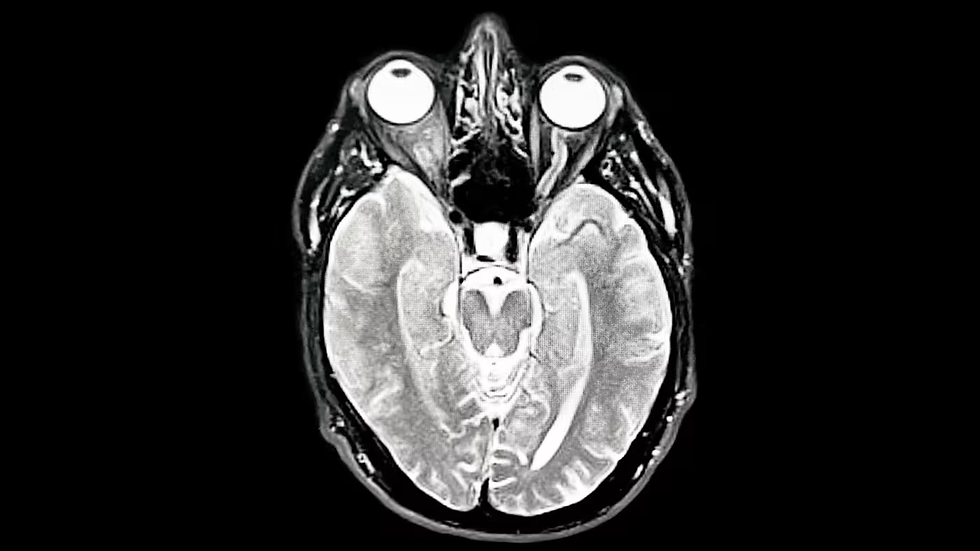Harvard’s Essential Tips for Managing Incontinence: A Guide to Better Bladder and Bowel Health
- Melissa Santañez
- Sep 17, 2024
- 3 min read
Maintaining bladder and bowel health is crucial for overall well-being, and incontinence can often be managed or prevented with simple lifestyle adjustments. Harvard experts provide key tips on weight management, quitting smoking, staying active, and dietary choices to help reduce the risk of incontinence. Early intervention and understanding the risks associated with certain medical procedures can further support bladder and bowel control, improving your quality of life.
Maintain a healthy weight. For women, obesity is linked with incontinence due to the added strain on pelvic floor muscles and bladder. Fat tissue can also disrupt nerve signals, contributing to an overactive bladder. Weight loss through diet, exercise, or surgery can sometimes reduce incontinence without other treatment. On average, a 10% body weight loss improves stress and urinary incontinence symptoms by 50%. In men, the link between weight and incontinence is less documented. However, men with type 2 diabetes who lose weight are less likely to develop incontinence. Men with obesity report more urinary symptoms and are more likely to need surgery for an enlarged prostate, which can lead to incontinence. In addition, surgeries to treat incontinence are generally less effective in obese individuals.
Don't smoke. Smoking nearly doubles the likelihood that a woman will develop stress incontinence, perhaps because it can lead to more frequent and vigorous coughing. In studies involving men, current or former smoking is associated with several bothersome urinary symptoms, including urgency incontinence, but the increase in risk is not as striking as that for stress incontinence in women.
Stay active. High-impact exercises (such as jumping jacks) or specific maneuvers (such as a golf swing) can elicit leakage if you have stress incontinence. But don't let fear of leaks keep you from being physically active. In the Nurses' Health Study, middle-aged women who were most physically active were least likely to develop incontinence.
Cut back on caffeine. Caffeine can increase the urge to urinate, even when the bladder is not full. Drinking just two cups of coffee per day has been linked to a higher risk of urinary incontinence.
Minimize bladder irritants. Several foods have been linked to urgency incontinence. Carbonated drinks, the artificial sweetener aspartame (NutraSweet), spicy foods, coffee, black and green tea, and citrus fruits and juices cause urgency in some people.
Don't ignore the call. When you get your body's signal that the rectum is full, it's normal to wait until you can conveniently reach a bathroom. But when you routinely put off having a bowel movement as long as possible, it can lead to constipation and ultimately to urinary or fecal incontinence.
Don't strain with bowel movements. Years of forcing can weaken a man's or a woman's pelvic floor muscles. Even when you have regular bowel movements, if your stools are frequently hard or take considerable effort to pass, you have constipation and could benefit from medical advice. Increasing the fiber in your diet and drinking adequate fluids can help prevent constipation.
Consider the risk of incontinence when making medical decisions. When considering any type of pelvic or abdominal surgery (e.g., hysterectomy, prostate removal, hemorrhoid treatment), ask about the risk of incontinence and alternatives to a surgical procedure.
Get help early. Early symptoms are a warning sign. Don't wait for symptoms to worsen. Report symptoms to your doctor. Ask about physical therapy to learn ways to strengthen and stabilize your pelvic floor muscles to regain bladder and bowel control and improve your quality of life.
Source: HealthBeat
Harvard Health Publishing
Harvard Medical School








Comments